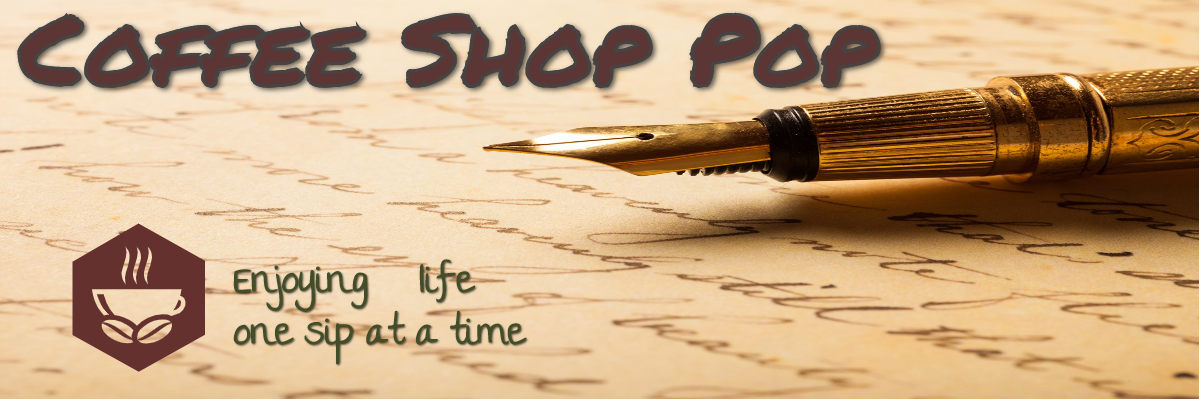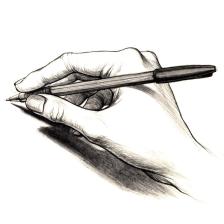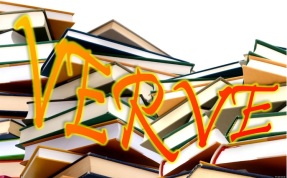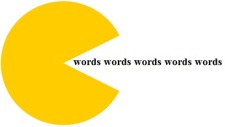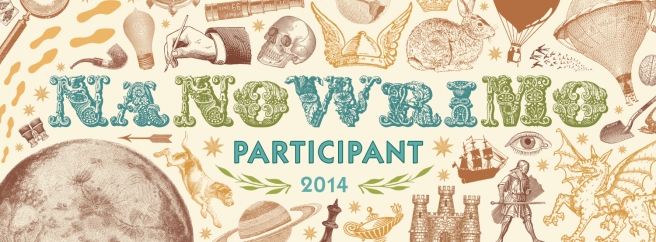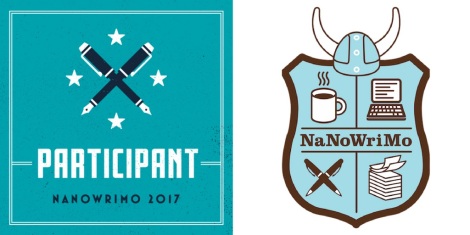
It’s NaNoWriMo time again! What’s that? Don’t know what NaNoWriMo is? Why, it’s National Novel Writing Month, of course! Time for all the little novelist wannabes write for 30 days to finish a 50,000 word draft of a novel. I have been aware of NaNoWriMo for years, more like a decade, actually. But I have never truly participated.
Oh, sure, there was that one year that I jumped into the fray a week into November with no prep but just a concept. About a day later, and a full month of day job, rehearsals, and other scheduled activities ahead of me, I quickly recognized the futility of the effort and abandoned the project.
But here it is, just within a week before kickoff, and I have time ahead of me. I’m jumping in full-force with the same novel idea. But this time I have a little prep time to formulate characters, an outline, and general themes that I can work with.
How much is too much or too little prep time for writing a novel in 30 days? When I first heard about NaNoWriMo I figured that the participants jumped in with no concept, no prep, and literally created and wrote an entire novel from scratch. I now know that it is allowed to do prep prior to beginning on November 1st. I also know it is certainly allowable to have an unpublishable product by November 30. It’s all about getting the words down. Participants can always edit and revise later.
I’m seeing that some folks have been prepping for weeks, writing entire character biographies, sketching story and plot structures, and formulating entire chapter and scene outlines. I can see the advantage in that. But since I just decided that I am tossing my hat in the proverbial ring with less than a week to go, I have minimal time. But I am encouraged by my ideas. I am taking my same concept from my previous attempt (it’s a good concept!), and fleshing out some characters, organizing a loose outline, and by Nov. 1st I have a hazy blueprint to work from. The rest will all come from my noodle as I write.
So if you haven’t already, begin your preps and do the steps so get ready for the big day! For my jumpstart, I found a very useful set of novel writing templates from the Evernote blog here:
https://blog.evernote.com/blog/2017/10/02/12-creative-writing-templates-planning-novel/
Happy writing!
